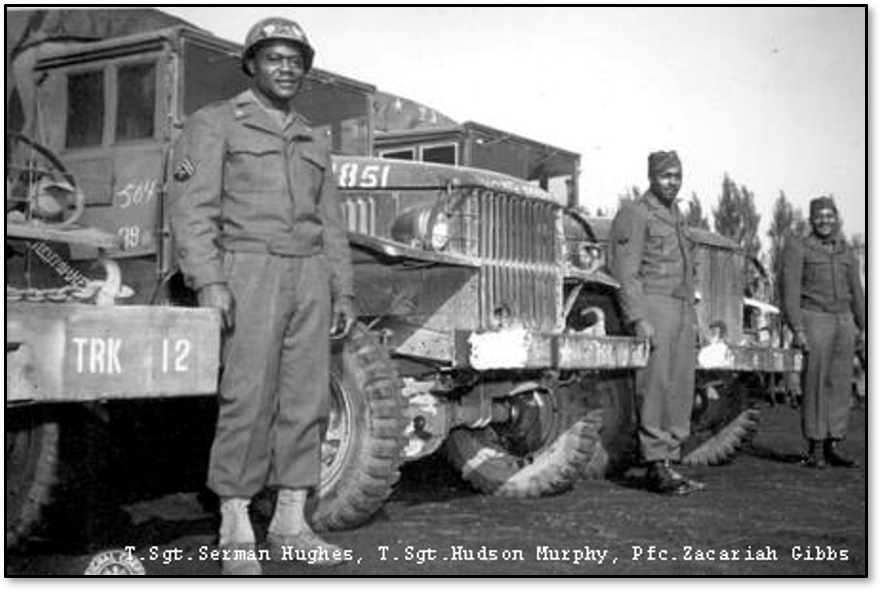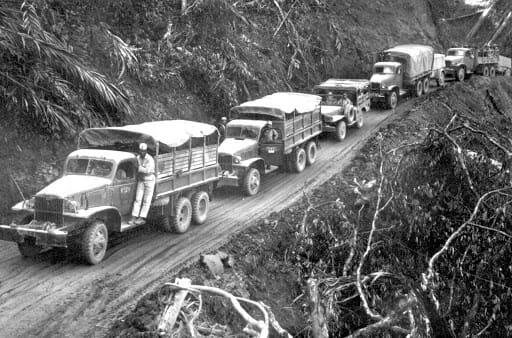At Easley Transportation, we fully understand the importance of truck drivers to everyday life. Without the men and women who get behind the wheel each day, life as we know it would be rudely disrupted. But, trucking isn’t limited to the civilian world. In light of Memorial Day and the anniversary of D-Day, we want to take a look at the role that military truck drivers played in World War II.
June 6, 1944
On June 6, 1944, Allied forces stormed the beaches of Normandy, France, in what’s remembered as one of the most successful military operations of all time. The Allies called it Operation Overlord. The world came to know it as D-Day.
Historians agree that D-Day was made possible because of painstaking coordination and logistical planning. However, people often forget that the need for transportation and logistics persisted well after the amphibious assault began. As Allied troops took the beaches and began advancing throughout France, supplies like gasoline, ammunition, and food couldn’t keep up. As a result, the Red Ball Express was established.

The Red Ball Express
The Red Ball Express was a transportation unit and convey system tasked with moving supplies throughout Europe via truck. From August 25 to November 16, 1944, the fleet of 6,000 trucks kept Allied forces fed and supplied. During those months, they delivered an estimated 412,000 tons of fuel, ammunition, and food.
“Red Ball” is a naval term that originated in the 19th century from white flags with a red circle, indicating a flagship or a person of high importance. Later, it would go on to identify high-priority railway shipments with perishable foods. By the time of WWII, the term Red Ball was synonymous with expedited cargo.

An often overlooked fact is that the Red Ball Express consisted of roughly 75% African American drivers. Despite over 1 million African Americans serving in WWII, segregation was still prominent and soldiers of color were regularly assigned non-combative roles because they were wrongfully viewed as less capable. Ironically, these men played one of the most critical roles in the later part of the war.
Maybe you’re wondering, “The Red Ball Express? How have I not heard of them before?” Well, much like modern-day truckers, these soldiers often went unpraised and underappreciated. With Hollywood films and documentaries often focusing on the heat of battle, it’s easy to neglect the fact that transportation and logistics experts were absolutely necessary to the war effort.

As written by Colonel John Eisenhower, the son of Dwight D. Eisenhower, “The spectacular nature of the advance [through France] was due in as great a measure to the men who drove the Red Ball trucks as to those who drove the tanks.” He went on to write, “Without it [the Red Ball] the advance across France could not have been made.”
So, as we reflect on D-Day and the sacrifices that were made, don’t overlook the contribution of the Red Ball Express truck drivers. Without them, it could have all been in vain.
